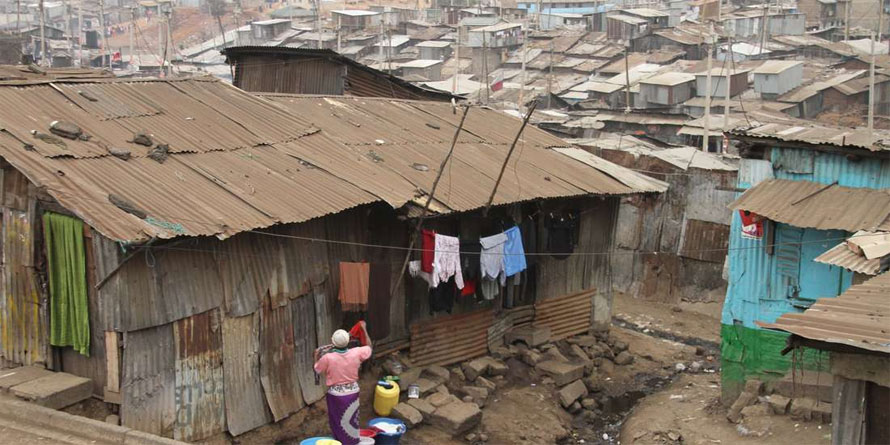Women's Status, Rights and Interests in Land Diversion
Previously in China, all land was controlled by the communes. Over the past twenty years, with the break up of the communes, new land tenure arrangements have given greater control over land to individual households. This essay argues that recent transfers in land tenure between households have caused women to lose rights and decision making power over land, as well as possibilities to benefit from land. Men's migration to cities has caused a 'feminisation' of agriculture which fuels a market for tenure transfer.


